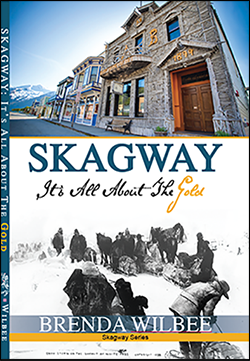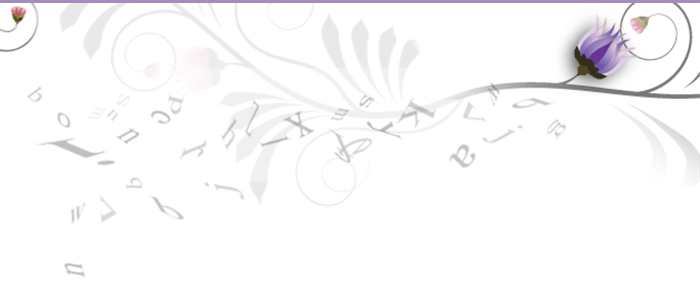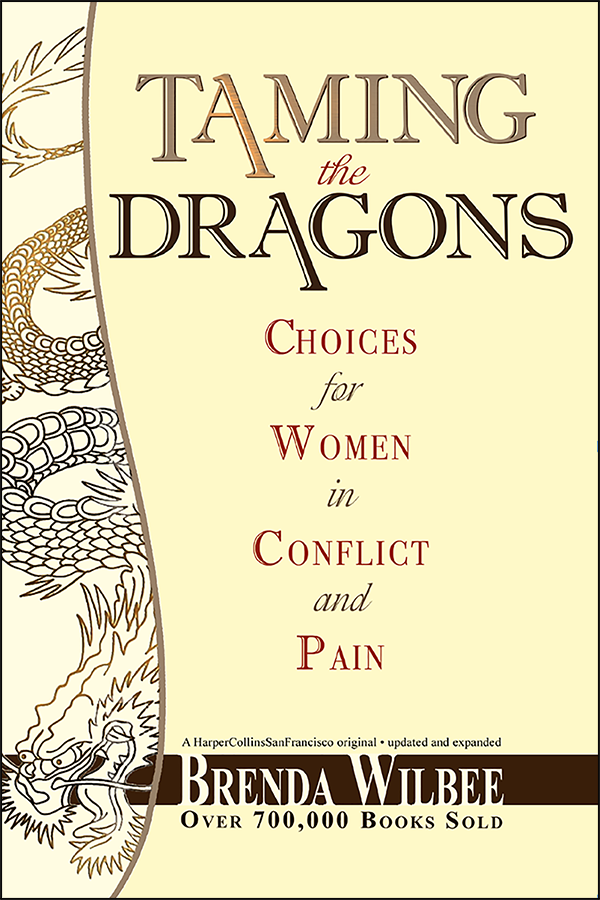
The Tinsy Winsy Rag,
your monthly connect to this writer's life - and
always something
free & fun.
Thank you!
You have successfully joined our subscriber list. Tinsy Winsy and I hope you will not be disappointed!
Your first newsletter will arrive next month. In the meantime, please enjoy the many things I offer subscribers for free - including a pdf of my latest book, Taming the Dragons. Click here. Thank you.
Blog Subjects
- Alaskan Life
- Christian Nationalism
- On Writing
- Self-Publishing
- Book Design
- Christmas
- Narcissa
- Memoir
- Sweetbriar Illustrated
- Taming the Dragons
- Skagway AK Etc
- Guidepost Devotionals
- Living With Ravens
- Inspirational
- Christianity
- Reflection
- History - Women
- History - Seattle
- History - Gold Rush
- History - Family
- Family
- Racism
- Sexual Assault
- Sexual Molestation
Recent Blogs
- Sackcloth and Ashes
- Why Deny Abuse in the Christian Community? PART I
- Giving FROM my Heart, Not Giving AWAY my Heart
- When the Bible is Weaponized
- The Call of the North: "B...bbbbbear."
Recommended Sites
• Fauzia Burke, Publicist• Jane Friedman, Marketing
• Laura Christianson, Platform
• Susy Flory, Memoir

Skagway: It's All About The Gold
By Brenda Wilbee
Published by Stewart Goodfellow Publishing
Are you taking a cruise to Alaska? Then here's the GO-TO book for the curious!
Skagway: It's All About The Gold is the book every Skagway tourist is looking for; a brief but concise and pictorial history of Skagway, AK, at the time of the 1898 Gold Rush—and an expansion of everything seen and heard but which none can hope to remember.
Recognized three times by Princess Cruise Lines as Tour Guide of the Month and popular on Trip Advisor, Brenda invites you to take a tour with her through pages that will keep Skagway and its earliest days ever alive...
sketches by Brenda
ISBN: 978-0-943777-15-1
PRICE: $14.95 (paperback)
PROLOGUE
YOU KNOW A MAN's CRAZY, George, if he prefers fishing with the Siwash when there's gold lying about."
George Washington Carmack, a tall, laid-back Californian who wanted nothing more in life than to be a "Siwash" (and who did the next best thing by marrying a Tagish princess) paused in his work to greet Bob Henderson, a handsome man from Nova Scotia—a man who'd obsessively been looking for gold since he was fourteen years old, a man with Australia under his boots, Colorado, and now the Yukon of Canada's Far North. He'd just paddled ashore at the First Nation's summer fishing village nested along the Klondike River mouth where it flowed into the 2,300-mile Yukon River. A pile of gutted salmon lay in a slippery stack between the two men as Bob approached—men about as different as they could be: Bob, intense, serious-minded, chiseled features; George, sleepy-eyed, softer through the chin, a ready smile and easy laughter. His Tagish wife, Kate, kept to the task at hand, stretching salmon onto a drying rack, though occasionally she had to drive off the dogs. Her nephew, Charley, sat on his haunches, keeping a steady rhythm of snagging salmon from a bucket, slicing and scooping—offal going to the dog pack, fish to the silvery, slippery pile. Other buckets—brimful of fish fresh from the river—awaited attention.
George said to Bob, "And where would that gold be? Lying about, you say?"
"Up at a creek I've called Gold Bottom. Eight cents a pan, but you better hurry. Me and my boys took out $750 in three months. A lot of folk from Forty-Mile'll be headed that way."
George Washington Carmack, better known as Siwash George for his preferred lifestyle, knew several native dialects and wore his mustache First Nation's style—the Oriental handlebar dropping just below his chin. He rubbed his hands on a pair of filthy jeans and gazed into the distance. His brother-in-law Skookum Jim, Kate's brother, approached from the river where a net had been strung across its width to catch the annual salmon run. A Herculean force of a man, supremely handsome, Jim set down a couple of baskets with fish still flopping around and listened in. He may have been Tagish, but he wanted nothing more than to be a white man. What better way than to find a lot of gold?
George said to Bob, "You know I'd rather make a dollar fishing salmon, than chase rainbows. Going to make dog food out of this for the Mounties. And then there's logging. Forty Mile needs timber. And I had that dream, you know."
Bob shook his head. He knew about that dream. Everyone knew about that dream. Siwash George had dreamed of finding a salmon with gold nugget scales and eyes made from $20 gold coins. He'd interpreted the dream to mean he ought to keep on fishing. Crazy. George really had turned native. Skookum Jim chimed in; eight cents a pan was good money. Bob cut him short. His opinion of the First Nations, as he liked to boast, was low on the totem pole.
"George, if you hurry, you might stand a chance, but I don't want the damn Siwash staking claims along Gold Bottom."
Jim sucked in his breath. Charley broke rhythm and Kate stiffened.
Oblivious to what turned out to be the biggest mistake of his life, Bob paddled off—but not without suggesting George pay him a visit or head up Rabbit Creek not far away, to where he'd earlier spotted some gold. "If you come across anything better than eight cents a pan," Bob called off his shoulder, "let me know!"
This is what you did in the Yukon. You let everyone know when you find gold—unlike in the States where, if you find gold, you keep it a secret, work it as long as you could, then shoot to kill. Still, George was hard pressed to drum up any sort of promise. The comment had stung. He, Jim, and George—and Kate of course—were family.
Skookum Jim sourly commented in the pidgin Chinook so common in the Yukon, "What's matter dat white man? Him killet Inchen moose, Inchen caribou. Ketchet gold Inchen country. But him no liket Inchen staket claim? Wha for?" Loosely translated, What the hell?
"Never mind, Jim," said George, and then tweaking Kate's pretty cheek, he said,"He''ll just have to find your own creek."
Which is what Jim did a few days later. They'd gone to see Bob—where one more time the man insulted Skookum Jim, refusing to sell him a plug of tobacco—and were coming back down Rabbit Creek when Jim shot a moose. The three men—Jim, George, and Charley—decided to camp out so they could dress the meat for Kate back at the Klondike River mouth; and in the morning Skookum Jim woke, went to the creek for a drink of water, and found a nugget the size of his thumb.
George Washington Carmack, a tall, laid-back Californian who wanted nothing more in life than to be a "Siwash" (and who did the next best thing by marrying a Tagish princess) paused in his work to greet Bob Henderson, a handsome man from Nova Scotia—a man who'd obsessively been looking for gold since he was fourteen years old, a man with Australia under his boots, Colorado, and now the Yukon of Canada's Far North. He'd just paddled ashore at the First Nation's summer fishing village nested along the Klondike River mouth where it flowed into the 2,300-mile Yukon River. A pile of gutted salmon lay in a slippery stack between the two men as Bob approached—men about as different as they could be: Bob, intense, serious-minded, chiseled features; George, sleepy-eyed, softer through the chin, a ready smile and easy laughter. His Tagish wife, Kate, kept to the task at hand, stretching salmon onto a drying rack, though occasionally she had to drive off the dogs. Her nephew, Charley, sat on his haunches, keeping a steady rhythm of snagging salmon from a bucket, slicing and scooping—offal going to the dog pack, fish to the silvery, slippery pile. Other buckets—brimful of fish fresh from the river—awaited attention.
George said to Bob, "And where would that gold be? Lying about, you say?"
"Up at a creek I've called Gold Bottom. Eight cents a pan, but you better hurry. Me and my boys took out $750 in three months. A lot of folk from Forty-Mile'll be headed that way."
George Washington Carmack, better known as Siwash George for his preferred lifestyle, knew several native dialects and wore his mustache First Nation's style—the Oriental handlebar dropping just below his chin. He rubbed his hands on a pair of filthy jeans and gazed into the distance. His brother-in-law Skookum Jim, Kate's brother, approached from the river where a net had been strung across its width to catch the annual salmon run. A Herculean force of a man, supremely handsome, Jim set down a couple of baskets with fish still flopping around and listened in. He may have been Tagish, but he wanted nothing more than to be a white man. What better way than to find a lot of gold?
George said to Bob, "You know I'd rather make a dollar fishing salmon, than chase rainbows. Going to make dog food out of this for the Mounties. And then there's logging. Forty Mile needs timber. And I had that dream, you know."
Bob shook his head. He knew about that dream. Everyone knew about that dream. Siwash George had dreamed of finding a salmon with gold nugget scales and eyes made from $20 gold coins. He'd interpreted the dream to mean he ought to keep on fishing. Crazy. George really had turned native. Skookum Jim chimed in; eight cents a pan was good money. Bob cut him short. His opinion of the First Nations, as he liked to boast, was low on the totem pole.
"George, if you hurry, you might stand a chance, but I don't want the damn Siwash staking claims along Gold Bottom."
Jim sucked in his breath. Charley broke rhythm and Kate stiffened.
Oblivious to what turned out to be the biggest mistake of his life, Bob paddled off—but not without suggesting George pay him a visit or head up Rabbit Creek not far away, to where he'd earlier spotted some gold. "If you come across anything better than eight cents a pan," Bob called off his shoulder, "let me know!"
This is what you did in the Yukon. You let everyone know when you find gold—unlike in the States where, if you find gold, you keep it a secret, work it as long as you could, then shoot to kill. Still, George was hard pressed to drum up any sort of promise. The comment had stung. He, Jim, and George—and Kate of course—were family.
Skookum Jim sourly commented in the pidgin Chinook so common in the Yukon, "What's matter dat white man? Him killet Inchen moose, Inchen caribou. Ketchet gold Inchen country. But him no liket Inchen staket claim? Wha for?" Loosely translated, What the hell?
"Never mind, Jim," said George, and then tweaking Kate's pretty cheek, he said,"He''ll just have to find your own creek."
Which is what Jim did a few days later. They'd gone to see Bob—where one more time the man insulted Skookum Jim, refusing to sell him a plug of tobacco—and were coming back down Rabbit Creek when Jim shot a moose. The three men—Jim, George, and Charley—decided to camp out so they could dress the meat for Kate back at the Klondike River mouth; and in the morning Skookum Jim woke, went to the creek for a drink of water, and found a nugget the size of his thumb.

Saddlestitch | 86 pages
| $14.95 USD
| 6x9
| 978-0-943777-14-6
| May 1, 2013


